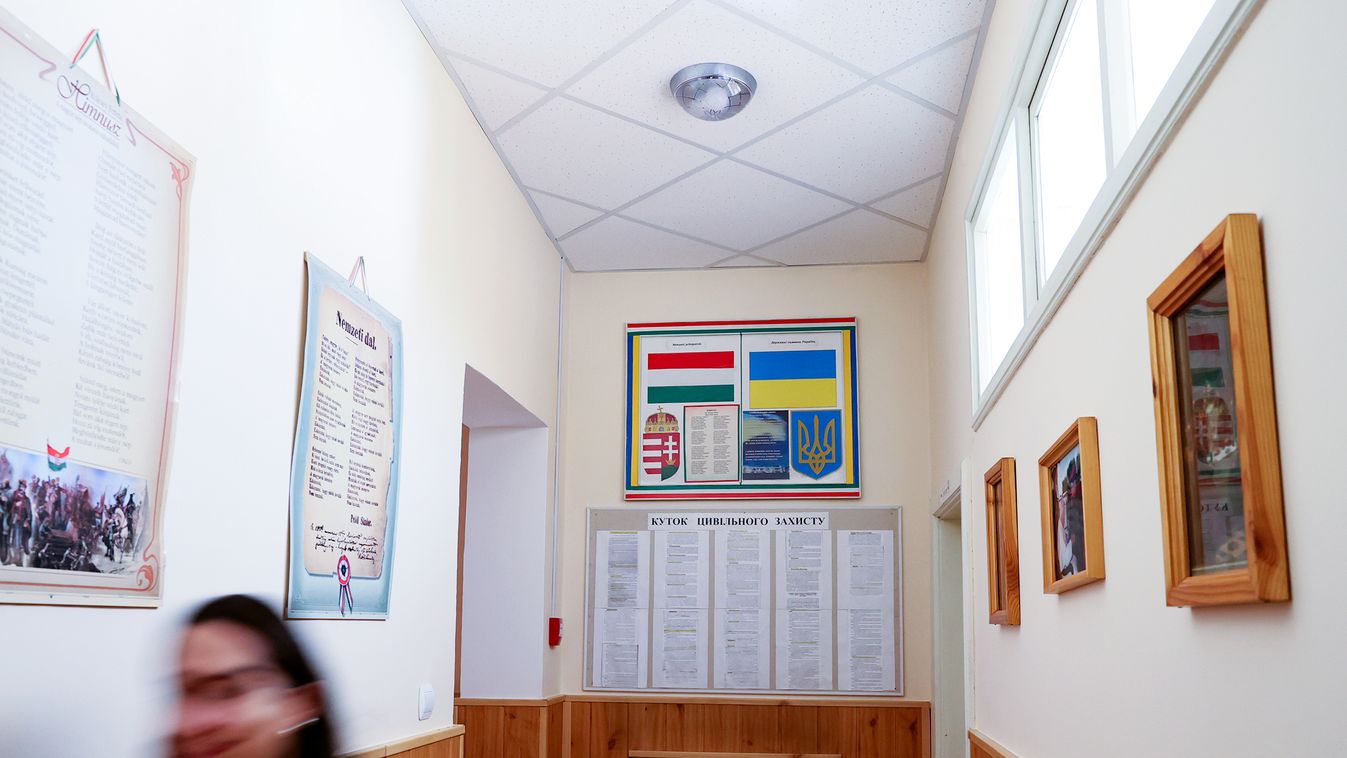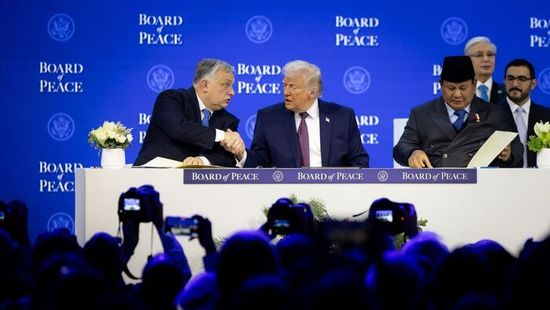The Transcarpathian Hungarian Cultural Association of (KMKSZ) expressed a positive view regarding Ukraine's adoption of a new law that regulates the rights of minorities. However, according to a statement issued by the association today,
the legislation still fails to comply with all the recommendations of the Venice Commission and does not restore the minority rights that existed before.
Some provisions of the law can be seen as a step forward, as they restore certain linguistic rights previously enjoyed by the Hungarian minority, mainly in the areas of education, production and distribution of printed products and the media. A statement from the association's board underlines that in drafting the legislation, some of the Venice Commission's recommendations were taken into account and national minority organizations were indeed consulted.
The fact that Article 7 (re language) of the Education Law guarantees the right of minorities, including Hungarians, to education in their mother tongue is a key step forward. Another positive development is that children who began their Hungarian-language schooling before the 2018 academic year can continue their studies in Hungarian until the end of secondary education.
However, the board of the association (KMSZ) regrets that the new law still fails to allow minority language use at the level of higher administrative units (districts, counties), and that the application of language rights at the level of municipalities is still subject to a majority decision.
According to the declaration released by KMSZ, the law links the possibility of using language rights to the concept of traditional minority settlement, which it determined to be 10 percent.
Thus, minorities living in scattered in certain areas have virtually no language rights, further accelerating the process of assimilation,
– reads the association's statement forwarded to Hungary's state news agency (MTI).
The law regulates neither the free use of national symbols, nor the conditions that are required for minority representation. - Many provisions within the legislation are discriminatory or merely declaratory in nature, which could be open to arbitrary interpretation, states the document. The interpretation of several concepts remains unclear, which raises further questions, especially with regard to the enforcement of mother tongue education alongside the state language.























Szóljon hozzá!
Jelenleg csak a hozzászólások egy kis részét látja. Hozzászóláshoz és a további kommentek megtekintéséhez lépjen be, vagy regisztráljon!